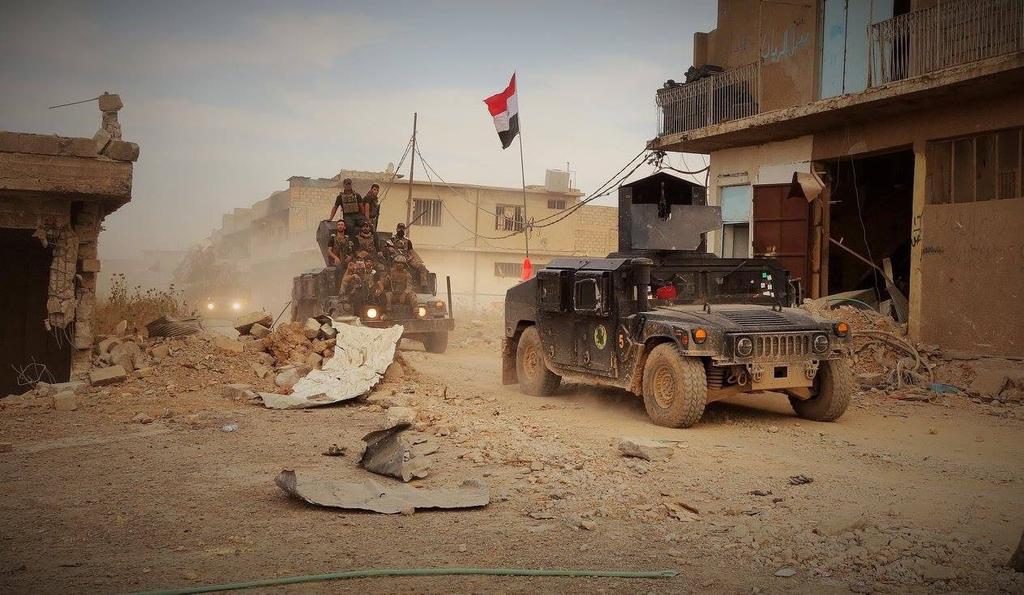
Islamic State suffers defeats in Iraq and Syria
The Syrian military has taken full control of Deir Ezzour, while Iraqi troops and Iranian supported militias ejected the Islamic State from Al Qaim.

The Syrian military has taken full control of Deir Ezzour, while Iraqi troops and Iranian supported militias ejected the Islamic State from Al Qaim.
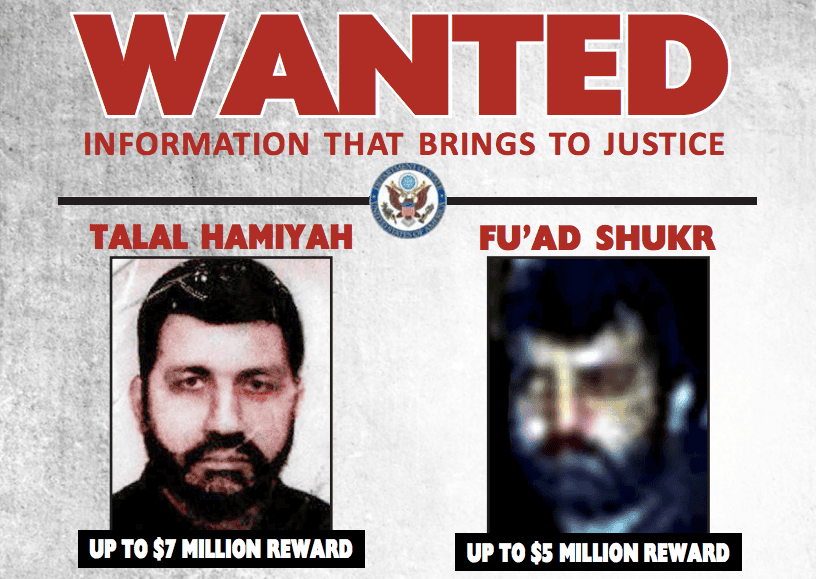
The State Department announced today that it is offering rewards for information concerning the whereabouts of two senior Hezbollah operatives. One of the two, Talal Hamiyah, is the head of Hezbollah’s External Security Organization, which oversees worldwide terrorist plots. The other, Fuad Shukr, “played a central role” in the Oct. 1983 Marine Barracks bombing in Beirut, Lebanon. That suicide bombing helped inspire a generation of Shiite and Sunni jihadists.
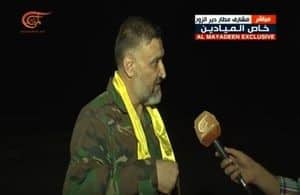
After pro-Syrian regime forces broke the siege of Deir Ezzor city this month, Lebanese Hezbollah media outlet Al Mayadeen released a rare interview with Hezbollah field commander “al Haj Abu Mustafa,” crediting the gray-bearded, southern Lebanese native with playing a key role in leading the defense against the Islamic State.
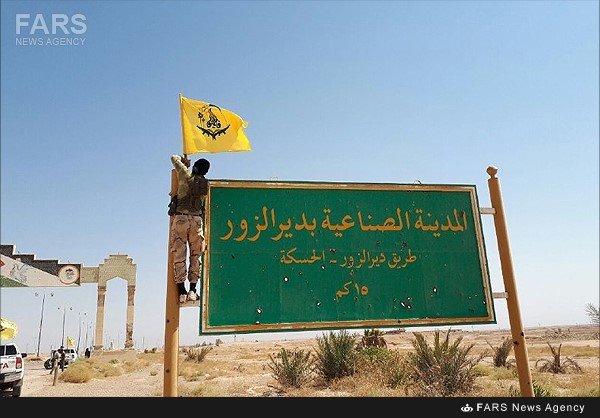
An Iranian-controlled Afghan Shia militia advertises its role in the battle for Deir Ezzor in eastern Syria.
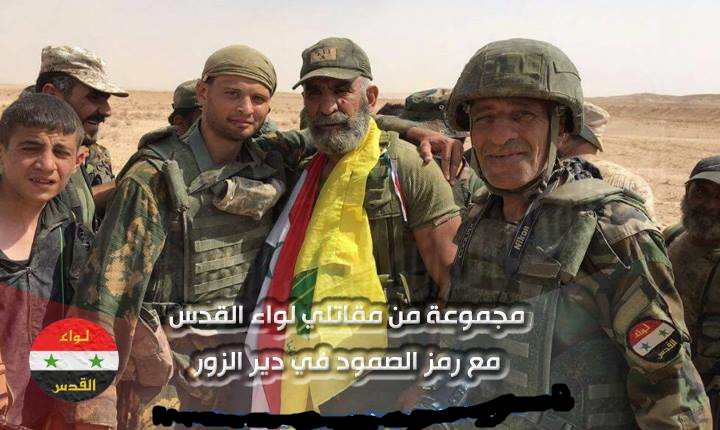
Hezbollah forces and its militia allies can be seen parading in the streets of Deir Ezzor after lifting the siege of the city. Syrian regime soldiers, who had been under the siege since 2014, praise Hezbollah and Hassan Nasrallah for their role in the operation.
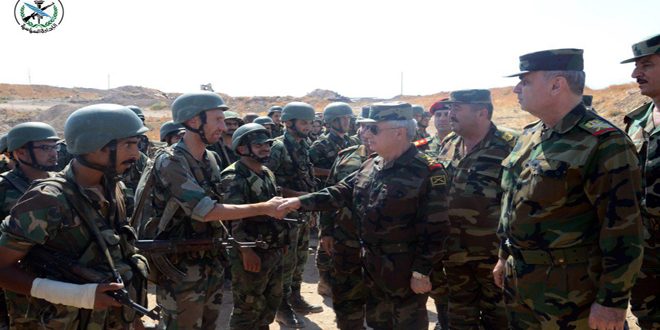
Israel struck a suspected chemical weapons facility near Masyaf, Syria earlier today. The facility may have been run by the Syrian regime’s Scientific Studies and Research Center (SSRC), which has been sanctioned by the US government for its role in producing chemical weapons and the means to deploy them.
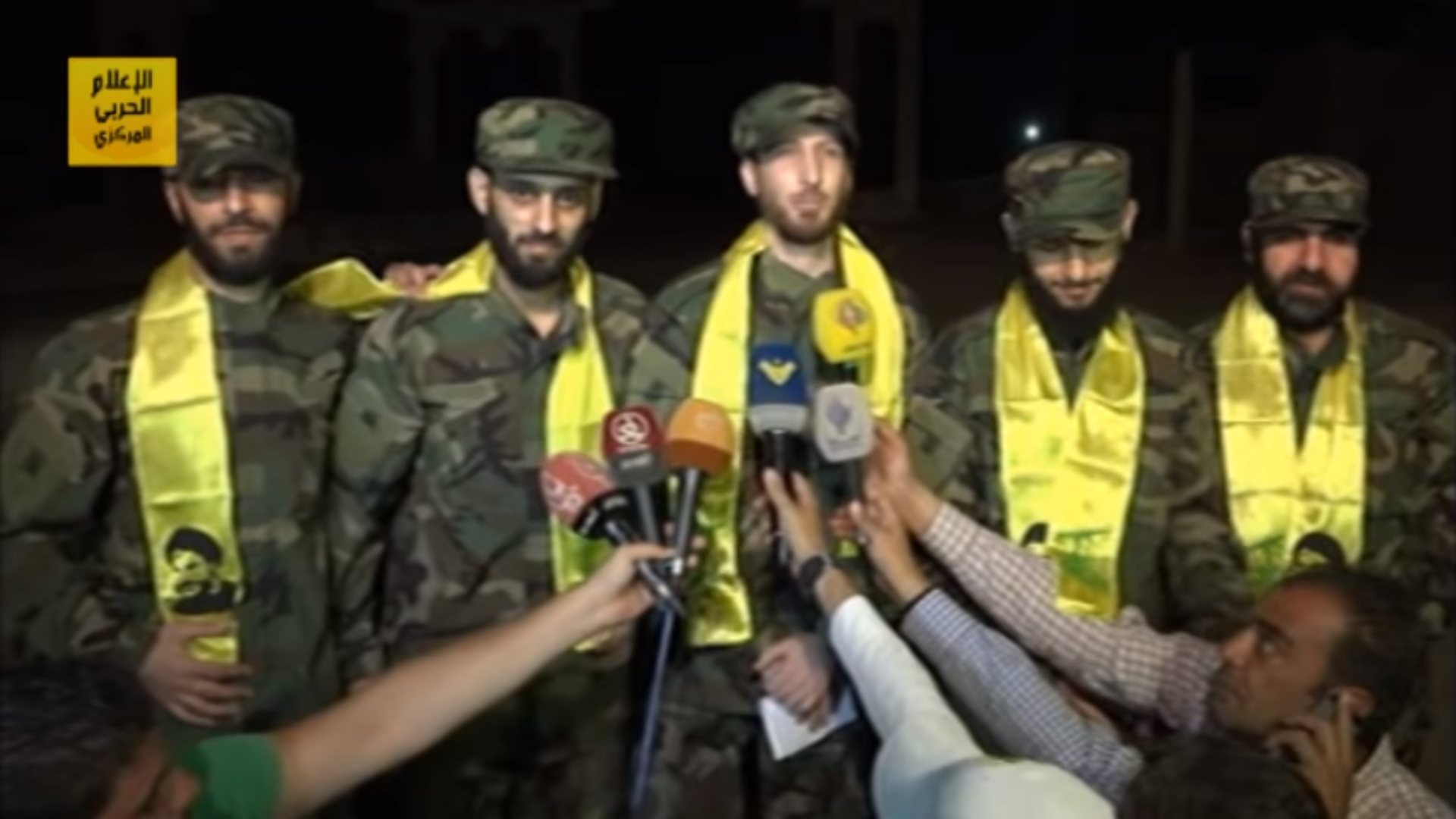
The Shiite jihadists were freed as part of a ceasefire deal with Sunni jihadists in the Lebanon-Syria border region.

The ceasefire comes just one day after Hezbollah Secretary-General Hassan Nasrallah touted his forces imminent victory in the Jurud Arsal region of Lebanon.
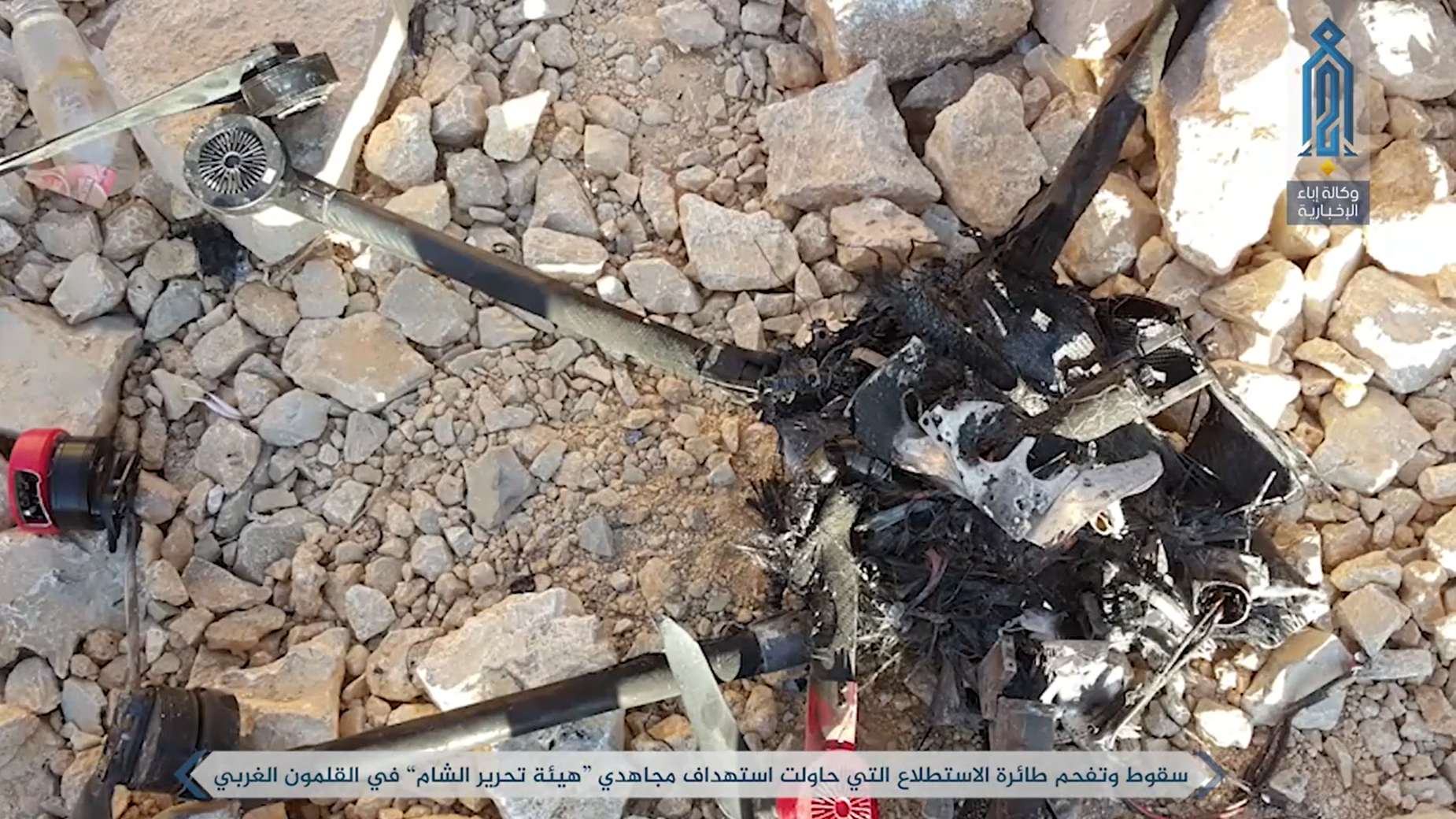
The video offers more visual confirmation of Hezbollah’s capabilities for armed commercial drones.
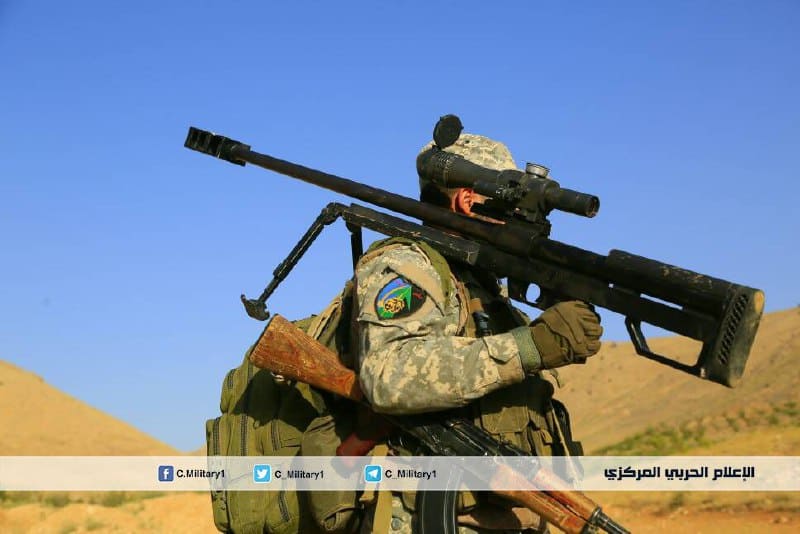
The Shiite jihadist group offers safety to the Sunni militants in Arsal if they “throw down their weapons and surrender.”
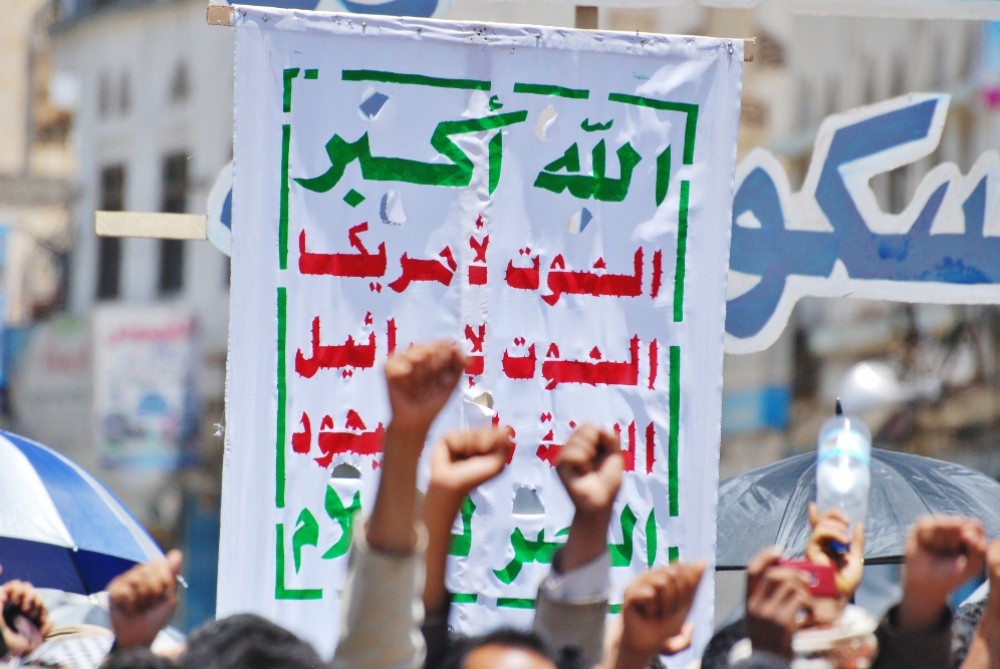
The insurgent leader said that his forces will take part in any future conflict with Israel alongside Hezbollah. The statement comes on the heels of Hezbollah leader Hassan Nasrallah pledging Shiite forces from around the Middle East and South Asia would be involved.

As the offensive enters its third day, Hezbollah has claimed several advances on both sides of the Lebanon-Syria border.
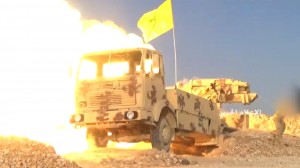
While Lebanese Prime Minister Saad Hariri claims that the Lebanese military is not coordinating with Syria or Hezbollah near Arsal, various reports from on the ground say otherwise.
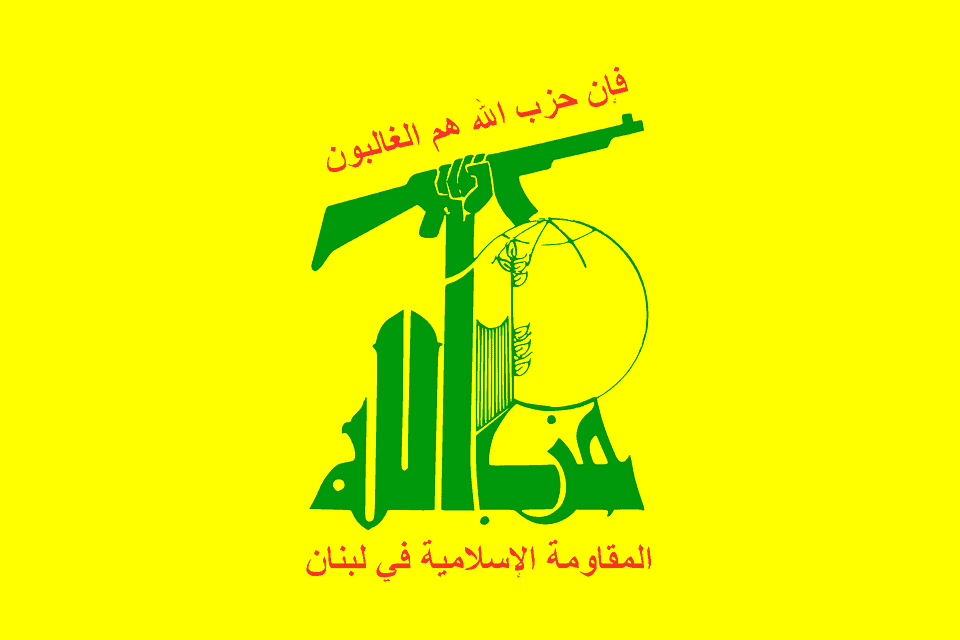
The State Department says there “are reportedly about 7,000 Hezbollah fighters in Syria.” They have been deployed to the country to bolster Bashar al Assad’s regime.
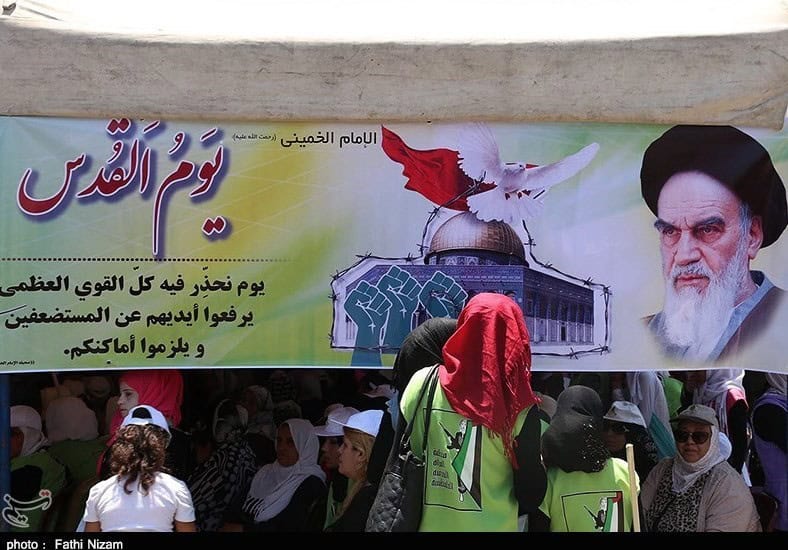
The Islamic Republic of Iran and its allies abroad on Friday commemorated Qods (Jerusalem) Day, an annual event held on the last Friday of Ramadan and established by Ayatollah Ruhollah Khomeini to express support for Palestinians and opposition to Israel. The regime has not shied away from reiterating its call for Israel’s destruction during the annual event.

Earlier this month, the Department of Justice announced that two men, Ali Kourani and Samer El Debek, had been arrested and charged with carrying out various missions on behalf of Hizballah’s Islamic Jihad Organization. The IJO serves as Hizballah’s external operations wing, carrying out clandestine missions on behalf of Iran around the world. The complaints allege that Kourani and El Debek were both members of the IJO, which is ultimately controlled by Hizballah leader Hassan Nasrallah, who in turn reports “directly” to Iranian Supreme Leader Ali Khamenei.

The US military noted that it does not seek a fight against pro-Syrian regime militias, but its forces will continue to defend themselves if threatened.
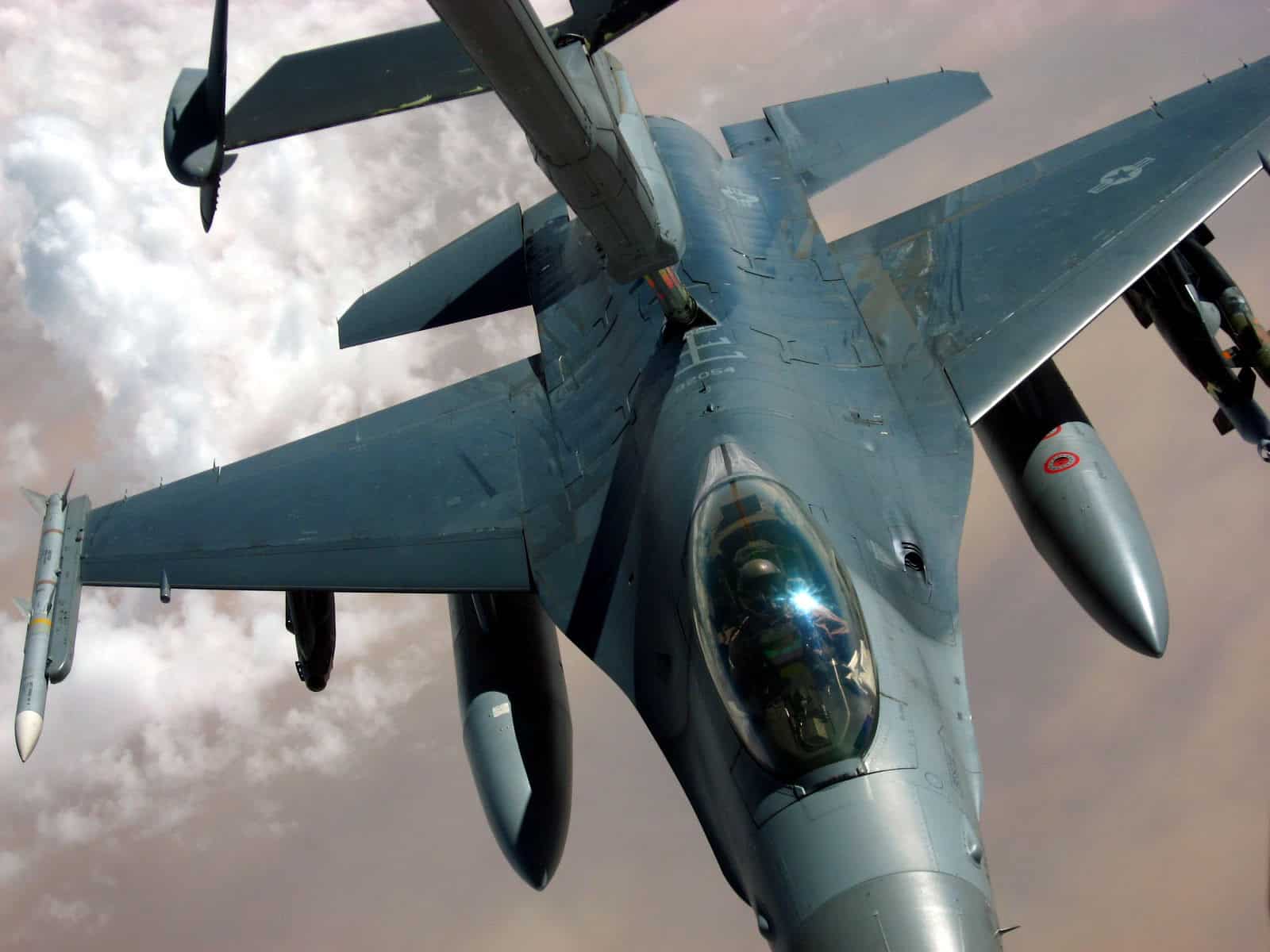
The strike against pro-Syrian government militias is the second in the past month. The US military is training Free Syrian Army-branded militias in the area to battle the Islamic State.
Hashem Saffiedine is the head of Hezbollah’s powerful Executive Council, making him the second-most important man in the organization behind its leader, Hassan Nasrallah. He is also Nasrallah’s heir apparent as Hezbollah’s Secretary General. According to the State Department designation, Saffiedine poses a serious risk of committing terrorist acts against the United States and threatening its national security.
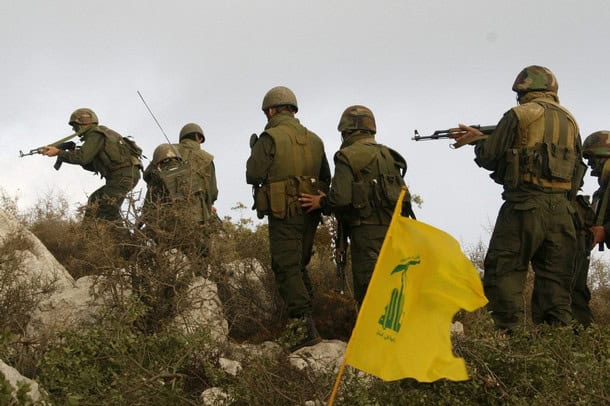
Hezbollah has repositioned its men for the ongoing battles in Syria.
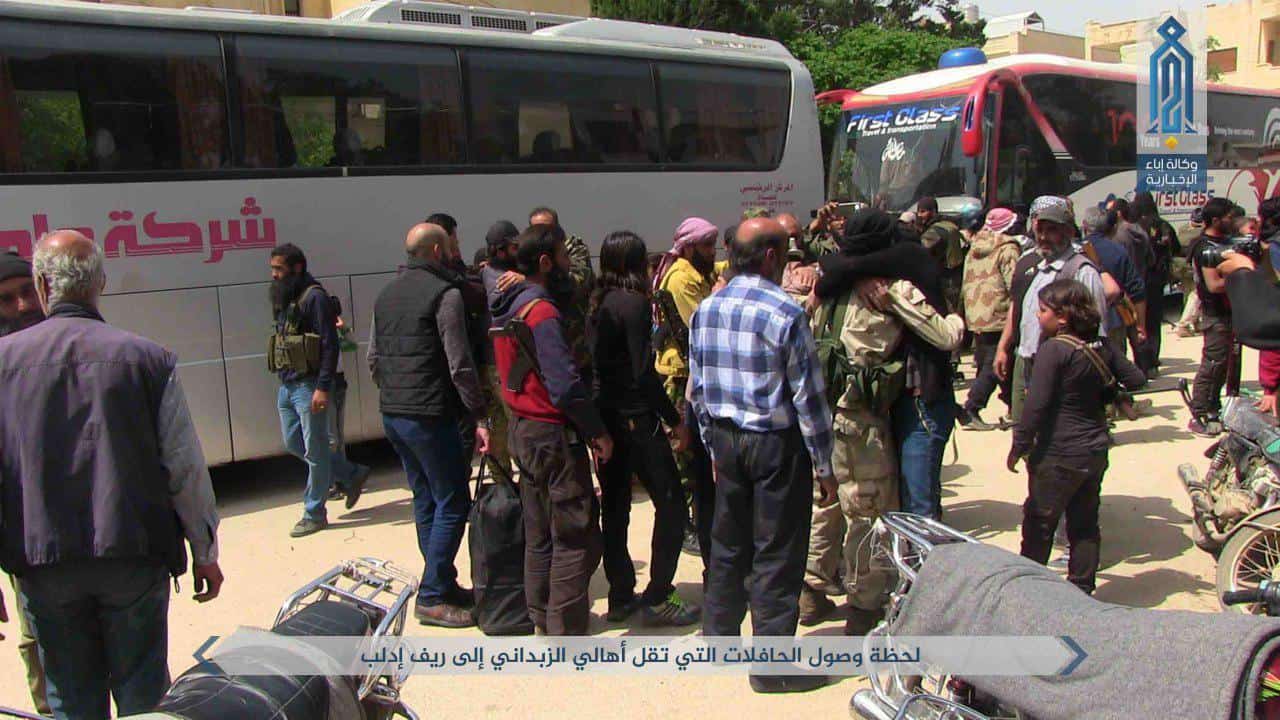
Qatar recently secured the release of Qatari hostages, including members of the royal family. But its diplomatic victory was marred by reports that a multi-million dollar ransom was paid to a US-designated terrorist group and an al Qaeda-linked joint venture in Syria.
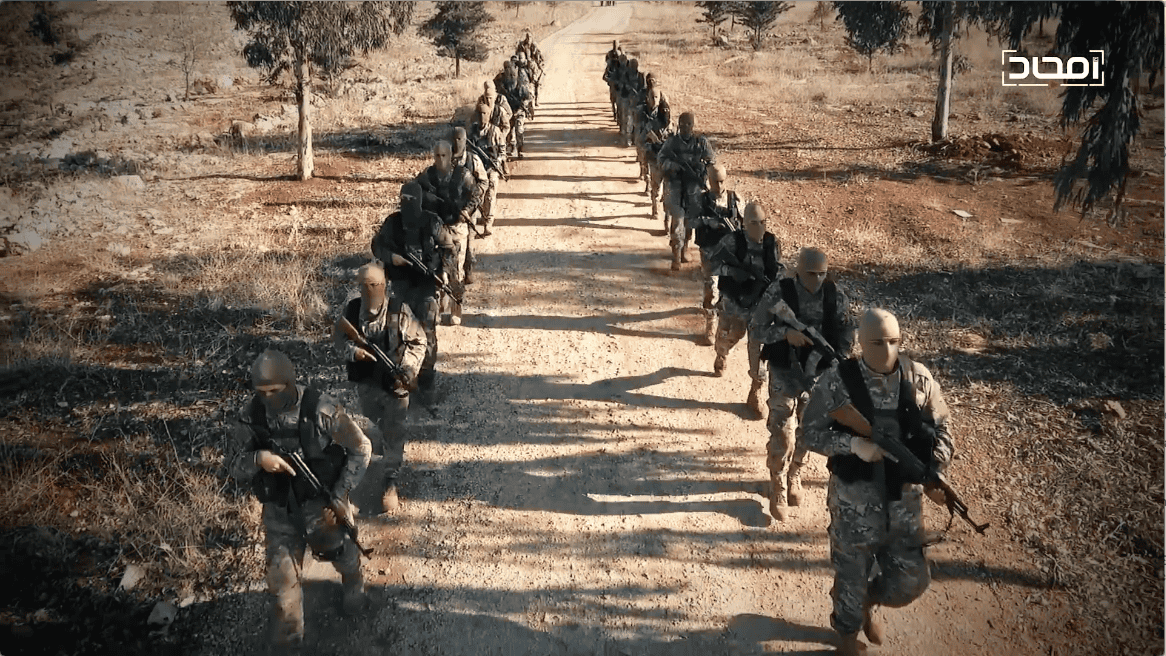
The policy debate concerning Syria must reflect on-the-ground realities. The war is a complex, multi-sided affair with no easy solutions.
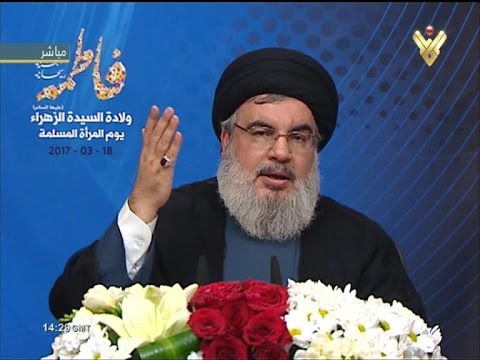
Israel forcefully redraws its blurred red lines on Hezbollah weapons transfers via Syria.
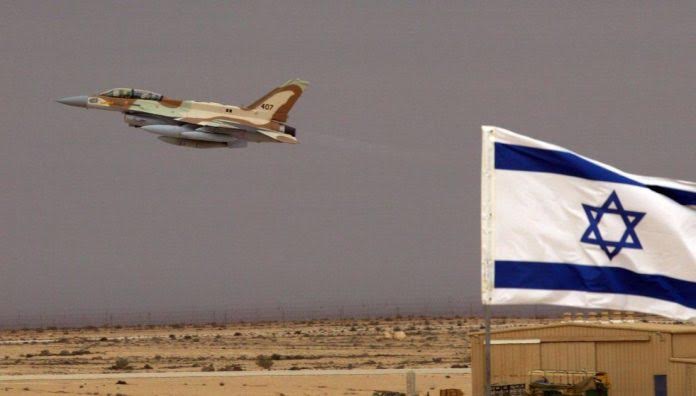
Hezbollah may have begun receiving weapons shipments at Palmyra’s T-4 airport in an attempt to avoid Israeli detection.
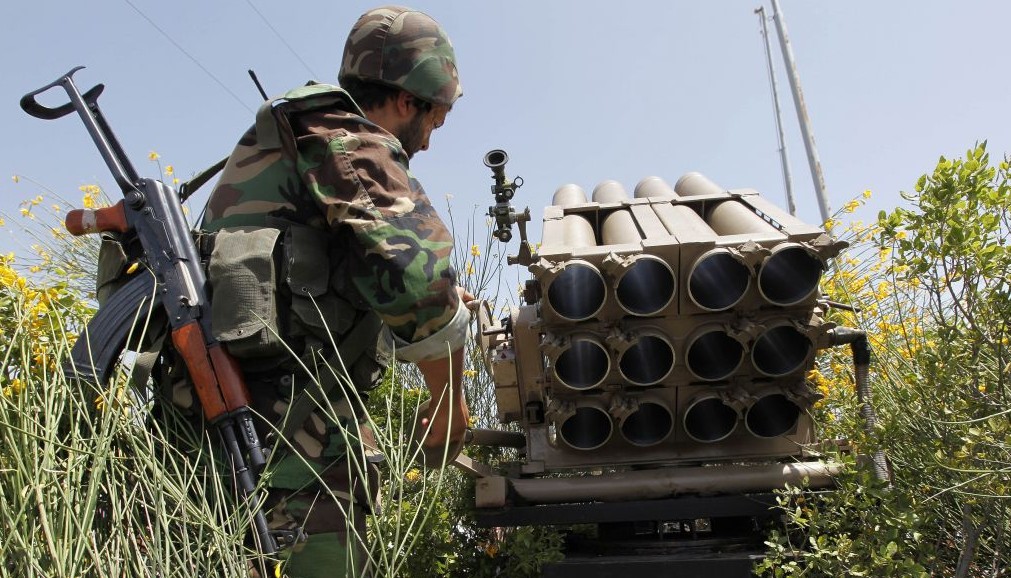
A report says the IRGC has built weapons factories for Hezbollah in Lebanon, possibly giving the Shiite organization the ability to build and produce projectiles or missiles capable of reaching any location in Israel.
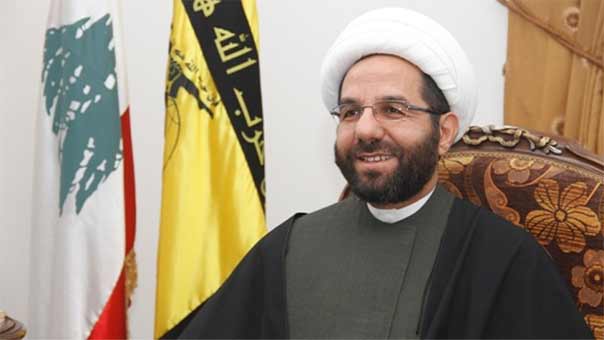
On Monday, the State Department listed Ali Da’amoush and Mustafa Mughniyeh, both part of Hezbollah’s senior leadership, as specially designated global terrorists.
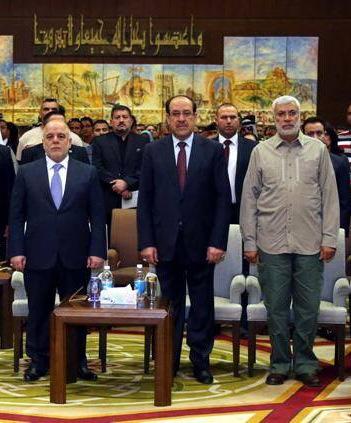
Along with Iran, Hezbollah helped the PMF “with training and planning, and with weapons and equipment” to the Popular Mobilization Forces with the knowledge of Iraq’s prime minister, according to Abu Mahdi al Muhandis.
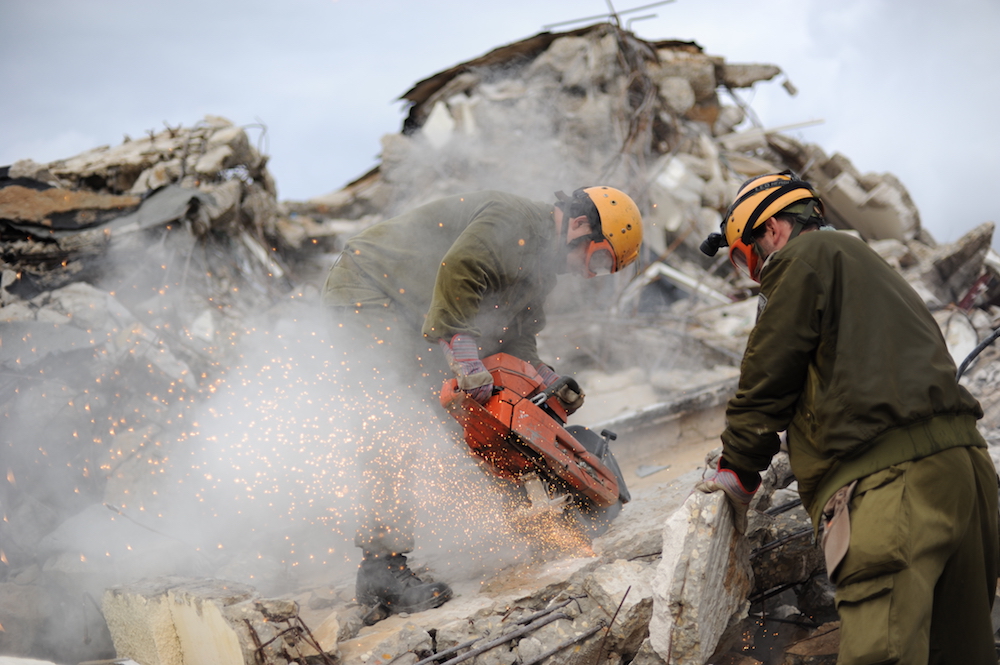
Israel’s nationwide Home Front Drill, to be held next week, will simulate a worst-case-scenario war with Hezbollah, involving Iran, Syria and Hamas.
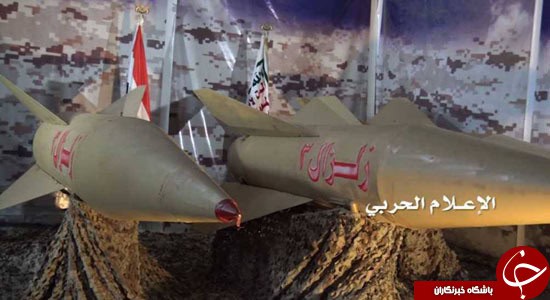
The Yemeni Houthi movement, officially known as Ansar Allah, has recently deployed Zelzal-3, an Iranian-manufactured artillery rocket.
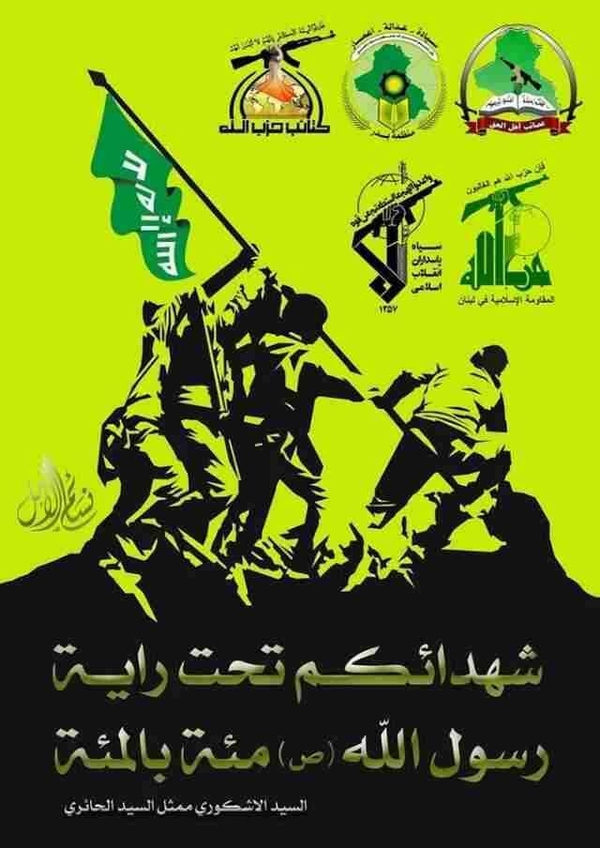
After the jihadist-led Jaish al Fatah and Syrian rebel groups succeeded in breaking the siege of Aleppo, an Iranian media outlet has reported the deployment of elite Lebanese Hezbollah and Iraqi Harakat al Nujaba to cut the opposition’s artery to the rebel-held eastern side of the city. [Update: IRGC confirms rank of officer announced dead on Monday as Major].